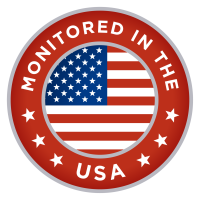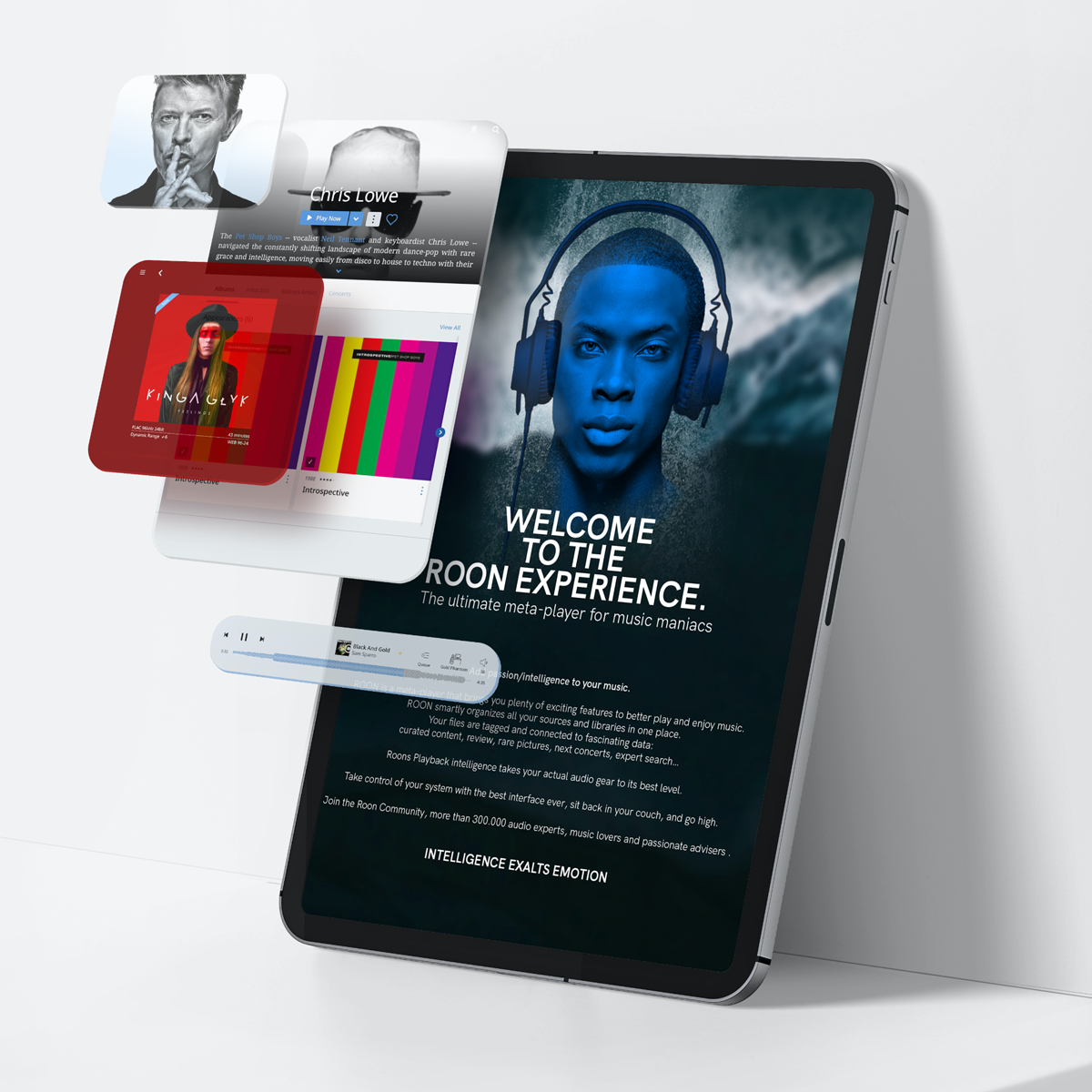5 Reasons to Rent, Not Buy, Your License Plate Recognition System
Smart Commercial Security Means Flexible Solutions for Houston Businesses
License plate recognition (LPR) technology protects your commercial property without requiring a massive upfront investment. Houston businesses with temporary security needs often find purchasing permanent systems unnecessary and costly. Construction sites, seasonal events, and short-term property monitoring projects benefit from rental LPR equipment that delivers advanced surveillance capabilities without long-term commitment.
Rental LPR systems capture license plates with the same precision as purchased units. The difference lies in deployment flexibility and cost structure, not performance quality.
SEE MORE: How License Plate Recognition Assists in Temporary Surveillance
1. Lower Upfront Investment Protects Your Cash Flow
Complete LPR installations with cameras, software, and infrastructure cost thousands of dollars. This expense impacts your budget immediately, regardless of actual usage duration.
Rental agreements spread costs across manageable monthly payments. A construction company managing a six-month project pays only for those six months rather than buying equipment for brief use. This preserves working capital for core business operations while maintaining robust security coverage.
Houston businesses frequently need license plate recognition for specific timeframes: event organizers require vehicle monitoring for weekend festivals, property developers need security during construction phases lasting several months, retail locations want temporary monitoring during high-theft seasons. Renting aligns payment schedules with actual usage periods.
2. Zero Maintenance Responsibilities
Permanent license plate recognition requires ongoing maintenance, software updates, and technical support. Weather exposure damages cameras and housing units. Software becomes outdated and needs upgrades. Hardware failures require immediate repairs to maintain security coverage.
Rental agreements include full maintenance and support services. The rental company handles repairs, replacements, and updates. When cameras stop working, you receive replacement units quickly without additional fees. You avoid unexpected maintenance costs while enjoying consistent system performance.
Technical support comes standard with rental packages. Your staff avoids extensive training on system operation because the rental company provides setup, configuration, and ongoing support. This saves time and reduces learning curves for temporary installations.
3. Flexible Deployment Options
Mobile LPR units mount on trailers for easy relocation. Construction sites often need security coverage that moves as work progresses. Trailer-mounted systems reposition quickly without requiring new infrastructure installation.
Temporary installations avoid permanent property modifications. You skip running cables, installing mounting hardware, or making structural changes, which is ideal, particularly for businesses operating on leased properties where permanent installations might violate lease agreements.
Rental systems scale up or down based on current needs. A retail center might need additional coverage during holiday seasons but standard monitoring the rest of the year. Rental agreements accommodate these fluctuations without forcing equipment purchases for peak periods only.
4. Proven Technology Without Long-Term Commitment
Rental license plate recognition systems use identical advanced technology as purchased units. High-definition cameras capture clear license plate images on moving vehicles. Automatic number plate recognition (ANPR) software identifies characters and logs data to databases. Alert systems notify security personnel when specific plates trigger warnings.
You get the benefits of enterprise-grade technology without the upfront costs and ongoing maintenance of permanent installations. As soon as your contract ends, our company will remove the equipment, and your costs will go away.
Typical rental periods range from one week to several years, depending on your needs. Construction projects might require 6-12 month rentals. Special events need systems for just a few days. Seasonal businesses benefit from 3-6 month agreements that align with their operating schedules.
5. Risk-Free Testing for Future Purchase Decisions
Rental periods let you assess actual security needs before committing to permanent installations. You can determine optimal camera placement, evaluate software functionality, and measure system effectiveness for your specific property and security challenges.
Testing different LPR configurations during rental periods helps identify the best long-term solution. Properties with unique layouts, lighting conditions, or traffic patterns benefit from real-world testing before making purchase decisions.
For temporary needs, rental systems deliver identical security benefits with greater financial flexibility and zero maintenance responsibilities. Call us or fill out our contact form to learn about our installation options.



